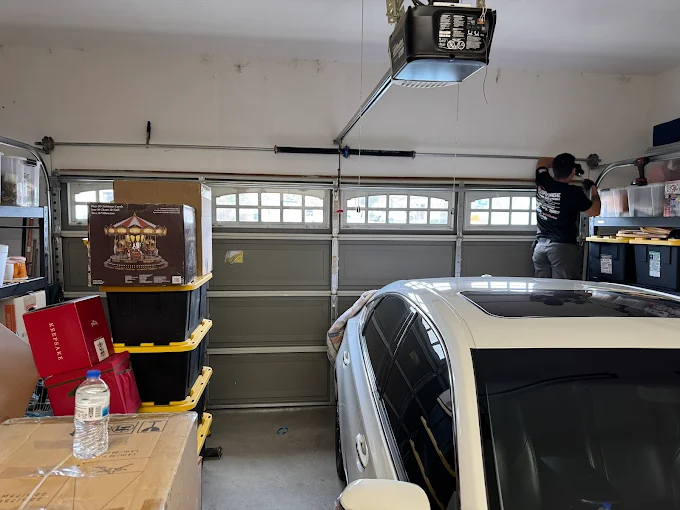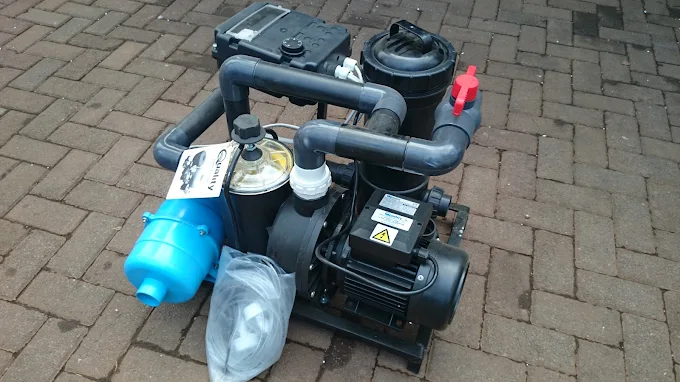
For many Pakistanis searching to find a property for sale or explore properties for lease, energy efficiency is becoming a top concern. With rising electricity tariffs, inconsistent power supply, and increasing awareness of environmental issues, a home’s energy performance is more than just a feature—it’s a necessity. The comfort, affordability, and sustainability of your living space are directly tied to how energy-smart the property is.
Energy-efficient properties don’t just lower utility bills; they also contribute to a healthier indoor environment and a reduced carbon footprint. For landlords and investors offering properties for lease, such homes attract responsible tenants and often yield higher rental income. In the long term, choosing energy-efficient real estate is both a financially and environmentally sound decision.
Start With the Building Orientation and Layout
In Pakistan’s varied climate zones, the orientation of a property can dramatically influence its energy consumption. A south-facing home in Lahore or Islamabad benefits from natural light during winter, reducing the need for artificial heating. On the other hand, homes that block harsh sunlight in Karachi’s summers can significantly cut down on cooling costs.
The layout also matters. Open floor plans that allow cross-ventilation reduce the reliance on air conditioning. When you find a property for sale, examine how rooms are positioned in relation to sunlight and wind direction. A property’s ability to harness natural elements for lighting and temperature regulation is the first indicator of energy efficiency.
Evaluate Insulation and Wall Materials
A well-insulated home maintains internal temperatures more effectively, requiring less energy to heat or cool. In Pakistan, many older homes lack proper insulation, especially in roof structures or exterior walls. Modern construction techniques now use cavity walls, thermal blocks, and insulating materials that help reduce heat transfer.
When assessing a home, ask about the materials used in its construction. Touch the walls during extreme temperatures to gauge their ability to insulate. A well-insulated home not only saves on energy bills but also improves indoor comfort—a major factor when listing properties for lease or buying for family use.
Check Window Quality and Placement
Windows play a crucial role in a property’s energy efficiency. Poorly sealed windows or single-pane glass can cause significant heat gain or loss, increasing your energy expenses. Look for double-glazed or tinted windows that block UV rays and help regulate indoor temperatures.
Additionally, consider window placement. Are they strategically located to provide natural light and airflow without causing glare or overheating? In homes for sale or properties for lease, efficient window design can significantly reduce electricity use for lighting and cooling, especially in hot climates like Sindh or Punjab.
Look Into Roof Type and Shading Options
Roof design is often overlooked but plays a key role in a home’s energy performance. In cities like Multan or Bahawalpur, flat concrete roofs absorb and retain heat, making interiors uncomfortably warm. Opting for cool roofing materials, rooftop gardens, or installing shade structures like pergolas can make a big difference.
Also, evaluate the presence of external shading—like verandas, awnings, or trees—that reduce direct sunlight on windows and walls. If you find a property for sale with these features, you’re likely to enjoy better energy efficiency and more comfortable indoor temperatures year-round.
Assess the Efficiency of Heating, Cooling, and Ventilation Systems
A key sign of an energy-efficient home is its heating and cooling setup. In areas like Islamabad or Murree, heating is a major seasonal requirement. Conversely, air conditioning is essential in southern parts. Check if the home uses inverter AC units, energy-efficient geysers, or ceiling fans with low wattage consumption.
Also, pay attention to ventilation. Homes that allow natural airflow reduce dependency on mechanical cooling. Properties for lease or sale that advertise energy-efficient HVAC systems can save occupants thousands of rupees annually, making them more desirable in the long term.
Examine Water Usage and Plumbing Fixtures
Water efficiency is directly linked to energy usage. Heating water is a major contributor to household energy bills, especially in colder regions of Pakistan. Homes with solar water heaters, instant geysers, or insulated pipes use less energy compared to traditional systems.
Inspect plumbing fixtures to see if they are low-flow or sensor-based. These fixtures reduce water waste and save on heating costs. Whether you’re trying to find a property for sale or preparing a home as one of your properties for lease, water-efficient systems show forward-thinking and care for both the environment and the future homeowner.
Investigate Energy-Efficient Appliances and Lighting
Appliances and lighting form a significant portion of monthly energy consumption. When viewing a property, check for LED lighting, energy-saving bulbs, and inverter-based refrigerators or washing machines. The presence of modern, energy-star-rated appliances can drastically cut down electricity usage.
In homes listed under properties for lease, energy-efficient appliances often serve as a key selling point. Tenants appreciate homes where utility costs are low. For buyers, these features show that the home is updated and ready for the future, minimizing post-purchase upgrade costs.
Request Energy Audits or Efficiency Ratings
While Pakistan doesn’t have a universally adopted residential energy rating system like the UK’s EPC (Energy Performance Certificate), some developers in major cities like Lahore and Islamabad offer internal audits or green building certifications. Asking for these can give a clearer picture of the home’s long-term energy costs.
If no documentation exists, consider getting an independent energy audit. A professional can assess insulation, electrical load, appliance efficiency, and more. Whether you plan to live in the home or list it among your properties for lease, having a documented efficiency report adds credibility and confidence to your decision.
Conclusion: Empowering Smart Decisions with Energy Insight
Energy efficiency is no longer a luxury—it’s a smart, essential feature in today’s property market. Whether you’re looking to find a property for sale for your family or selecting properties for lease to diversify your investments, understanding a home’s energy footprint can save you money, improve comfort, and enhance long-term value.
From orientation and insulation to appliances and audits, each aspect adds up. As Pakistan’s energy landscape evolves, properties that embrace efficiency will lead the market in desirability and functionality. Making informed choices today sets the foundation for a more secure, sustainable, and fulfilling tomorrow.




